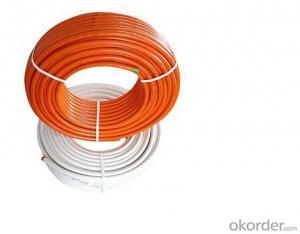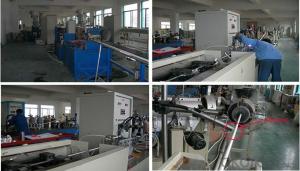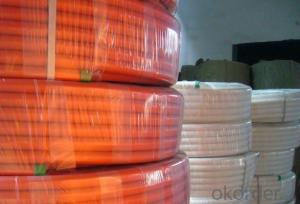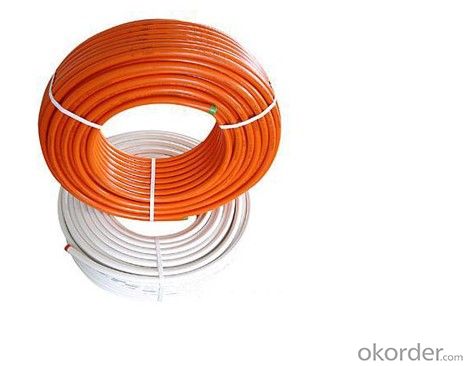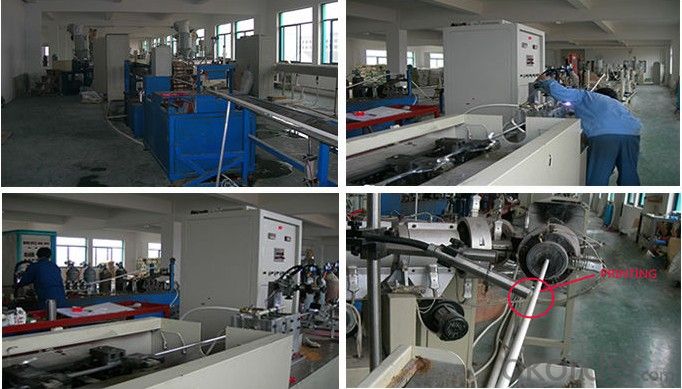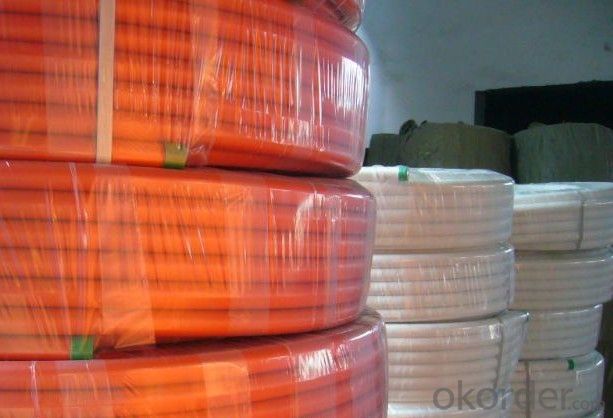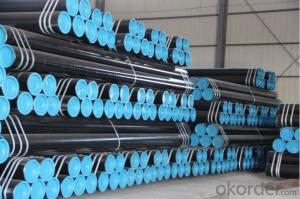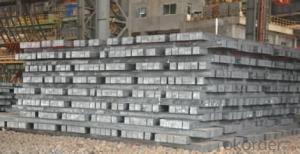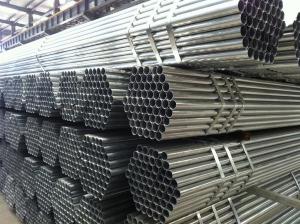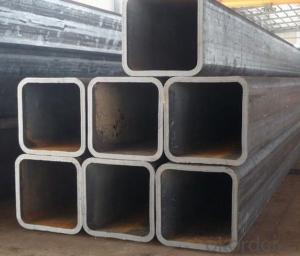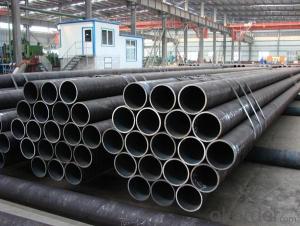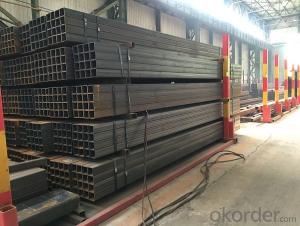Basic Size of Plastic Pipe-PEX/AL/PEX Pipe
- Loading Port:
- Tianjin
- Payment Terms:
- TT OR LC
- Min Order Qty:
- 10000 m
- Supply Capability:
- 10000000 m/month
OKorder Service Pledge
OKorder Financial Service
You Might Also Like
Basic Size of Plastic Pipe-PEX/AL/PEX Pipe:
Name | Size (mm/inch) | Package | AL Thickness | Measure |
ft/coils | mm | CBM | ||
PEX-AL-PEX pipe | 1/2“ /1216mm | 1000 | 0.21mm | 89*19*89 |
3/4"/2025mm | 1000 | 0.25mm | ||
1"/2532mm | 500 | 0.30mm | ||
1-1/4"/3240mm | 300 | 0.4mm |
Features of PEX/AL/PEX Pipe:
1,Material: Random Polypropylene
2, Sizes: 16mm to 32mm
3, Pressure Rating: 1.25MPa, 1.6MPa, 2.0MPa ,2.5MPa
4, Colors: every color is available, depend on customers
5, Connection: socket fusion joint, electro fusion joint or transition joint
6, Standard: ISO
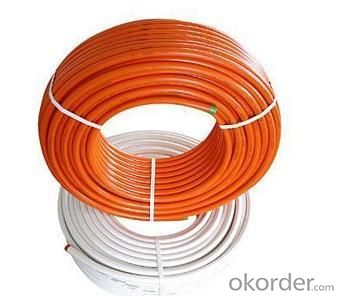
Applications of PEX/AL/PEX Pipe:
1, Cold or hot water supply
2, heating system including flooring heating
3, wall heating and radiating system
4, Central air conditioning system
5, industrial liquids transportation
- Q: Can steel pipes be used for stadium construction?
- Yes, steel pipes can be used for stadium construction. Steel pipes offer several advantages that make them suitable for this purpose. Firstly, steel pipes are strong and durable, making them capable of withstanding heavy loads and providing structural stability to large structures like stadiums. They have high tensile strength, which means they can resist bending or breaking under pressure. Additionally, steel pipes are resistant to corrosion, which is crucial for outdoor structures like stadiums that are exposed to various weather conditions. Their resistance to rust and other forms of degradation ensures the longevity of the stadium. Furthermore, steel pipes are versatile and can be easily fabricated into different shapes and sizes, allowing for customized designs and efficient installation. Moreover, steel pipes offer cost-effectiveness in stadium construction. They can be easily produced in large quantities, making them readily available and affordable. The ease of transportation and installation of steel pipes also contributes to their cost-effectiveness. Another advantage of using steel pipes for stadium construction is their sustainability. Steel is a recyclable material, and using steel pipes promotes environmental responsibility. The recyclability of steel reduces the demand for new materials and minimizes waste. In summary, steel pipes can indeed be used for stadium construction due to their strength, durability, resistance to corrosion, versatility, cost-effectiveness, and sustainability.
- Q: Can steel pipes be used for transporting liquids?
- Yes, steel pipes can be used for transporting liquids. Steel pipes have excellent durability, strength, and corrosion resistance, making them a suitable choice for transporting various liquids, including water, oil, gas, and chemicals.
- Q: How are steel pipes coated for insulation purposes?
- Steel pipes are commonly coated for insulation purposes through a process called external coating. This involves applying a layer of insulating material, such as polyethylene or epoxy, onto the surface of the steel pipe. The coating is carefully applied to ensure a uniform and continuous layer, which helps to prevent heat transfer and protect the pipe from corrosion.
- Q: How are steel pipes used in industrial manufacturing processes?
- Steel pipes are commonly used in industrial manufacturing processes for various purposes such as transporting fluids, gases, and solids, providing structural support, and facilitating heat transfer. They are used in industries like oil and gas, construction, automotive, and manufacturing, where they are utilized for plumbing systems, conveyance of materials, and as a durable and reliable medium for handling high-pressure and high-temperature applications.
- Q: How are steel pipes used in the agriculture industry?
- Steel pipes are widely used in the agriculture industry for various purposes such as irrigation systems, water supply networks, and drainage systems. They are used to transport water for crop irrigation, allowing for efficient and controlled distribution. Steel pipes are also utilized in the construction of farm buildings and structures, providing support and durability. Additionally, they are commonly used in the creation of livestock handling equipment, such as pens and fences. Overall, steel pipes play a crucial role in enhancing productivity and efficiency within the agriculture industry.
- Q: How do steel pipes handle thermal expansion?
- Steel pipes handle thermal expansion by expanding and contracting along their length due to changes in temperature. This expansion is accommodated by allowing the pipes to move freely or by using expansion joints, which can absorb the thermal expansion and prevent damage or failure.
- Q: Can steel pipes be used for geothermal systems?
- Yes, steel pipes can be used for geothermal systems. Steel pipes are commonly used in geothermal systems due to their durability, high strength, and resistance to corrosion. They can effectively handle the high temperatures and pressures associated with geothermal operations, making them a reliable choice for transporting geothermal fluids. Additionally, steel pipes are readily available and cost-effective, making them a practical option for geothermal system installations.
- Q: What's the difference between a rectangular tube and a rectangular steel tube?
- The classification of rectangular tube: steel pipe seamless steel pipe and welded steel pipe (tube) hot-rolled seamless tube, seamless tube, seamless tube, welded tube extrusion. The welded square pipe is divided into two parts:(a) according to the process of arc welding - resistance welding tube, square tube (high frequency and low frequency), welding square tube, welding square tube furnace (b) according to the weld - welded square tube, spiral welded pipe.
- Q: Can steel pipes be used for underground gas storage?
- Yes, steel pipes can be used for underground gas storage. Steel pipes are commonly used in underground gas storage facilities due to their strength, durability, and resistance to corrosion. They provide a reliable and secure means of storing and transporting gas underground.
- Q: Can steel pipes be used for gas transmission pipelines?
- Yes, steel pipes can be used for gas transmission pipelines. Steel pipes are commonly used in the construction of gas transmission pipelines due to their durability, strength, and resistance to corrosion. Additionally, steel pipes can withstand high pressure and extreme temperatures, making them suitable for the transportation of natural gas over long distances.
Send your message to us
Basic Size of Plastic Pipe-PEX/AL/PEX Pipe
- Loading Port:
- Tianjin
- Payment Terms:
- TT OR LC
- Min Order Qty:
- 10000 m
- Supply Capability:
- 10000000 m/month
OKorder Service Pledge
OKorder Financial Service
Similar products
Hot products
Hot Searches
Related keywords
